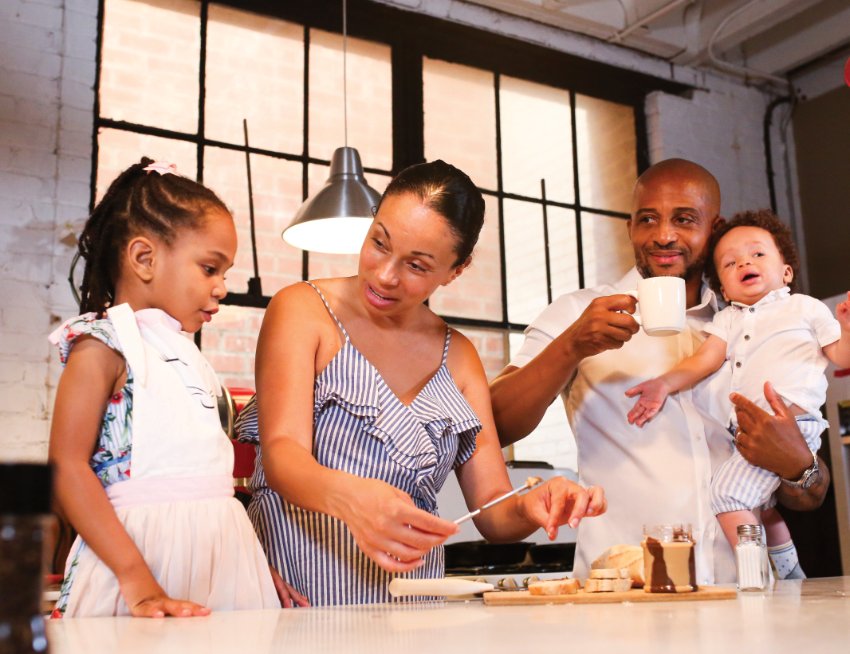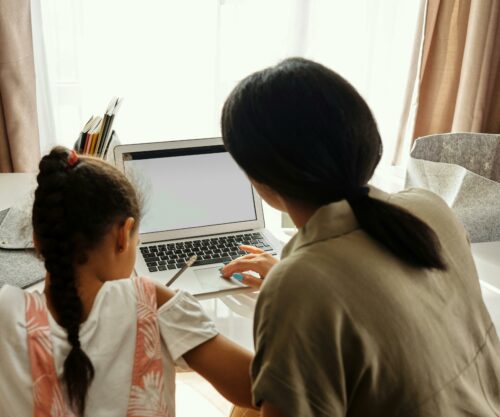
A healthy relationship between two parents makes it easier for the child to not have to choose sides on occasions. The child grows up on the notion that their parents have a healthy relationship and it doesn’t affect them psychologically.
A Psychologist, Dr Debora Serani shared with Psychology today about the key points to a healthy co-parenting relationship, it requires:
- Empathy, patience and open communication.
- Children who grow up with a unified parenting approach grow up having a stable foundation.
- Take note of the different parenting traits you each have and reinforce it with the children.
It takes two to co-parent, having one view on how you approach a child, for example, rules to live by or reprimanding the child, it has to be coming from both parents.
Dr Debora says “if you’re parenting in a healthy way but your ex isn’t, your children will be at risk for developmental problems. The same goes if you’re being too permissive and your ex is too stern. Co-parenting requires empathy, patience, and open communication for success. Not an easy thing to achieve for couples who’ve encountered marital issues. However, placing the sole focus on your children can be a great way of helping to make co-parenting a positive experience.”
What is accepted in co-parenting and what is not accepted?
- Have an open communication with your ex regarding the child at all times, remember in most cases it’s not about you but the child.
- Both parents should set up rules that will apply for both households, mother and father. Children need routine and structure even though parents aren’t together, you have to be firm about them and consistent.
- Involving each other’s spouses in your child’s life is not a bad thing but there must be boundaries. Negotiate and agree on the role extended family members will play and the access they’ll be granted while your child is in each other’s charge.
What is not acceptable in order to have a healthy co-parenting relationship?
Don’t expose your children to conflict. For example, Badmouthing one another to the child and sabotaging each other’s relationships.
- Children can sometimes be manipulative, and can use the fact that you’re divorced or broken up with your partner against you if you’re not a united front. They will go on about how having a “broken family” is affecting them, just to get away from something they did.
- Be careful of punishing your ex by using the child, Dr Deborah makes an example “I know Mommy likes you to get your homework done first, but you can do that later.” “Don’t tell Daddy I gave you the extra money to buy the video game you’ve been working towards.”
- Allowing a third party who is not qualified to give you advise on how to co-parent with your ex.
These are the results of how your children will be psychologically affected by your actions. A good healthy relationship starts with both sides.




